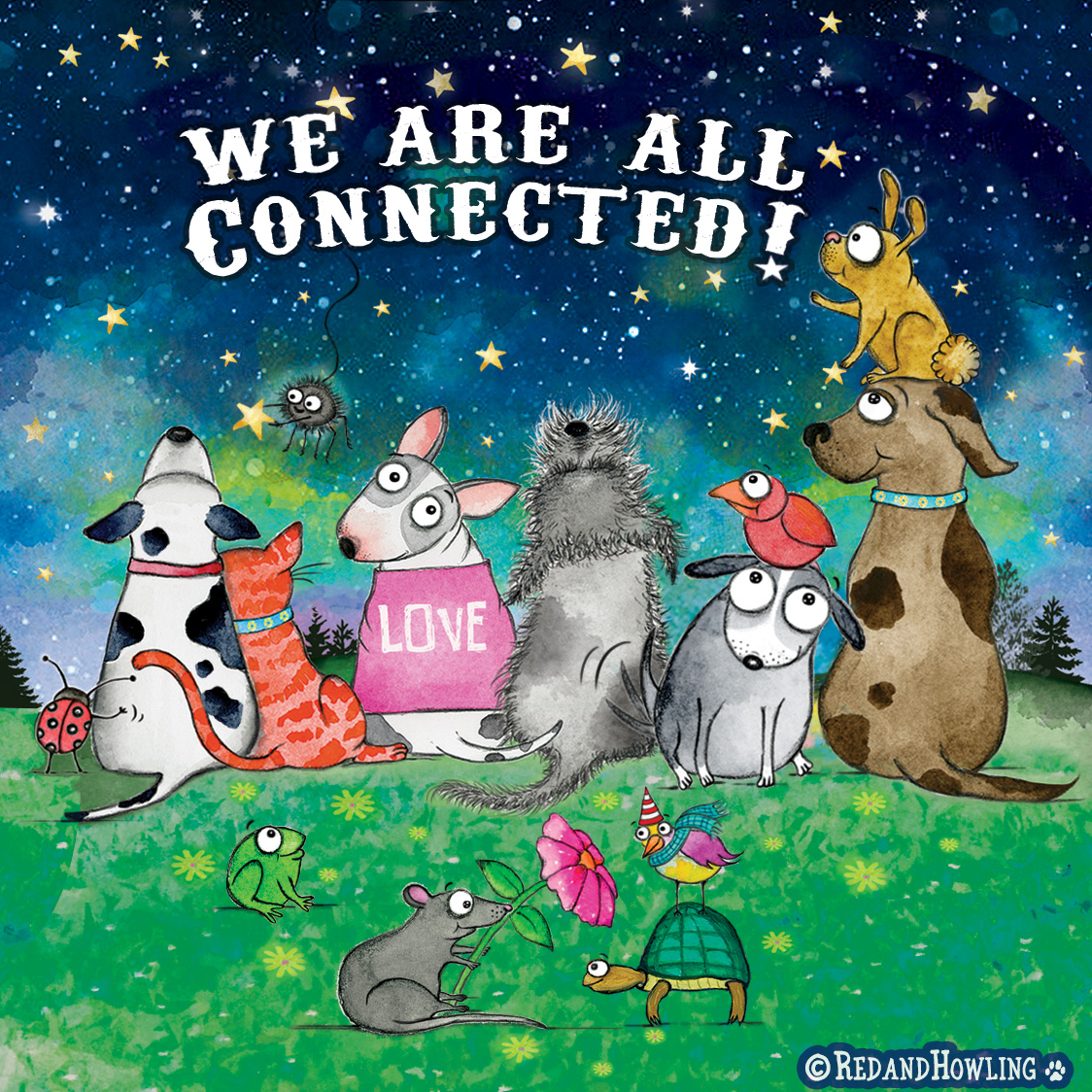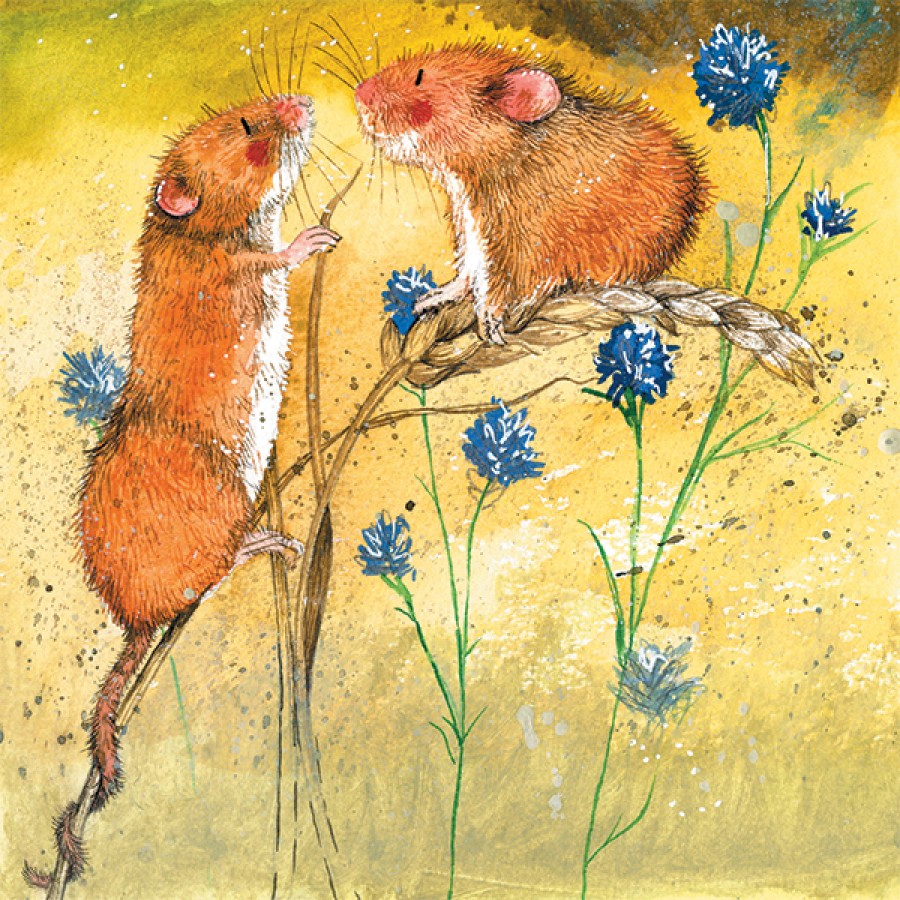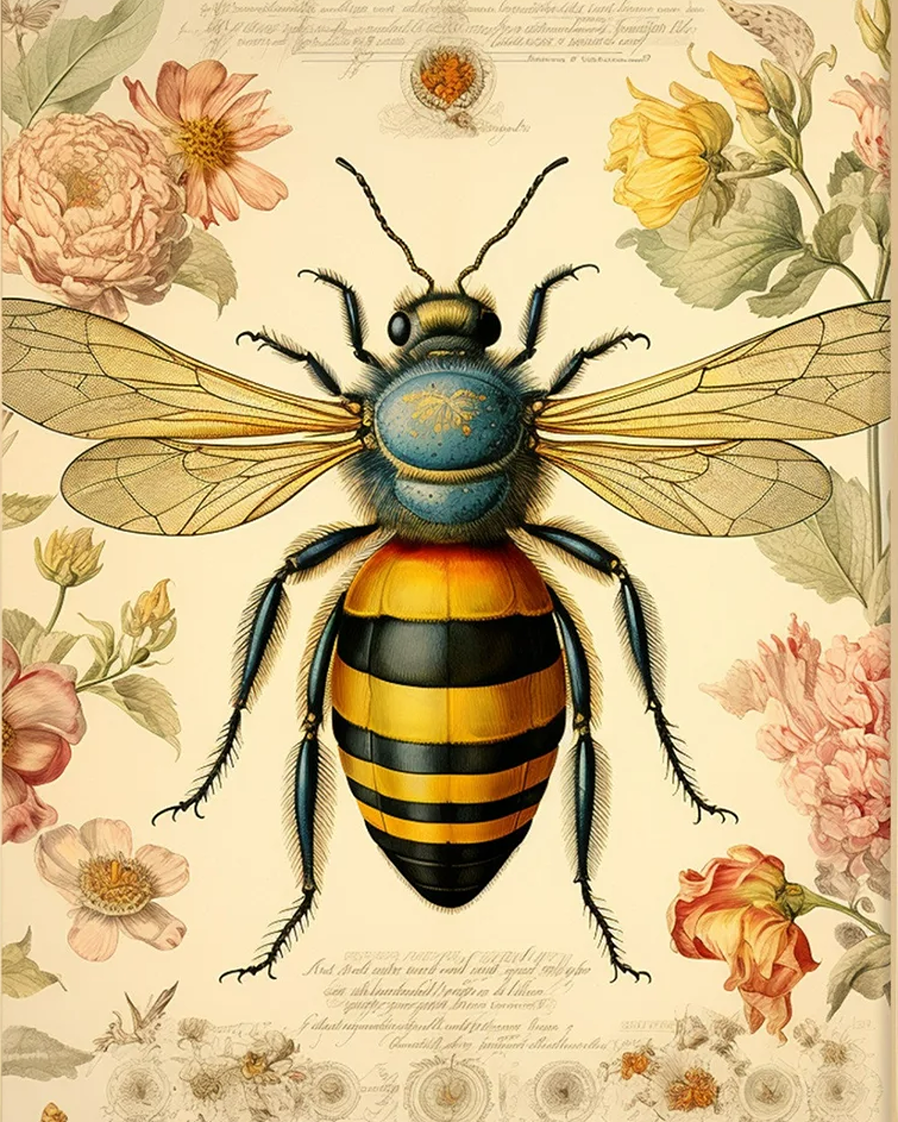Lots of Ways to Help Prevent Wildlife Crime
Wildlife is one of the most profitable illegal trades on earth, and although very cruel, many good people are trying to stop it.
Report wildlife crime at National Wildlife Crime Unit or Crimestoppers (anonymous, if wished). You can also submit reports to Born Free (also tell the local police, tourism operator and animal welfare organisations).
Support IFAW to Prevent Wildlife Crime
IFAW is an international organisation helping to stop wildlife crime. It has managed to drastically cut the trade (including people selling animals online) and works in 40 countries to rescue and release animals back to natural habitats.
Regarding its work to prevent wildlife crime, it is:
- Disrupting the wildlife trade in Asia
- Stopping trafficking of cheetahs
- Saving Barbary macaques
- Protecting jaguars in the Americas
- Combating illegal wildlife trade in China
- Stopping the ivory trade
- Training wildlife law-enforcement officers
- Rescuing rhinos (returned to the wild in India)
This is a charity that makes things happen. It has also:
- Developed technology to safely release stranded marine mammals
- Vaccinated countless animals worldwide, to stop rabies.
- Worked with Iceland, to stop Japanese whale hunts
- Donated land to create wildlife corridors for elephants.
- Rescued animals after hurricanes, floods & bushfires.
- Helped to save North Atlantic Right Whales from extinction
How to Support IFAW

The amount of work this wonderful organisation does is immense, and requires millions of pounds in donations. You can support IFAW in various ways: Whether it’s an anonymous donations through Charities Aid Foundation or even donating unwanted shares.
A no-brainer way to help is to join easyfundraising and nominate IFAW as your cause. Then any time you shop from one of the 8000 partners (indie shops, Argos, Amazon, insurance, train tickets), a portion of profits goes to them.
It costs nothing for you to donate, and does not affect loyalty points.
Just sign up with a few details, set up a profile and download the browser extension. A Donation Reminder pops up automatically when you shop. You can then track donations.
The History of IFAW
Born in a Welsh mining village, Brian Davies set up IFAW in Canada where he grew up, with his small army of volunteers (including his wife) growing it into the wonderful organisation it is today.
It started off campaigning to stop the annual sea cull. Brian (thought growing up a sickly child) ended up flying helicopters and diving under frozen ice (along with fighting the political system) to try to stop it. And went on to focus on also stopping whale hunts, elephant poaching and wildlife trafficking.
Since Brian’s death, new President Azzedine Downes had in his first year secured 16,000 acres of precious habitat for elephants, and developed the first co-operative framework between INTERPOL’s Environmental Crime program and IFAW.
Why Endangered Pangolins Need Our Help
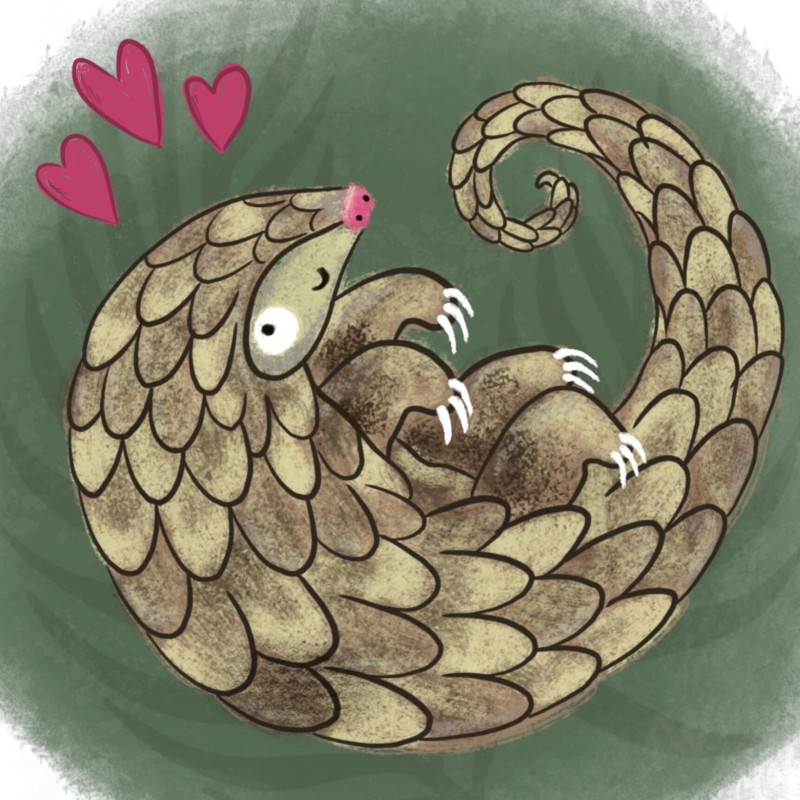
Pangolins may look like anteaters, but they are not related. Covered in scales, they (like hedgehogs) roll into a ball when threatened. They eat insects with their 2-foot long tongue. These beautiful creatures are now critically endangered, horribly abused for wildlife crime.
The situation is as serious as with tigers, with them nearly being hunted to extinction. So simply switching to this beer (which helps organisations that are helping to save pangolins) does so much good, your beer will taste even better!
Pangolins are enchanting, wonderful, solemn and beautiful creatures. Sir David Attenborough
Low-Alcohol Table Beer (to help pangolins)

Pangolin Beer is the low-alcohol offering from Fauna Brewing, which uses profits from all its beers, to help endangered species. Other beers help chimps to cheetahs! All their beers are vegan-friendly. This beer features lots of oats, for a silky mouthfeel.
It’s best to avoid alcohol completely for pregnancy/nursing, as even low-alcohol and even no-alcohol beers contain a little booze.
Before recycling, pop the ring-pull back over the can, to help avoid wildlife getting caught inside. Set up a can recycling program to raise money for your community!
Never Buy Dodgy ‘Tourist Souvenirs’
Many souvenirs are from animals, birds or exotic plants (some ashtrays are even made from gorilla paws). If you don’t know the source, just take your memories back home, and nothing else. Typical items to avoid are made with:
- Tortoiseshell
- Feathers
- Ivory
- Claws
- Skins
- Shells
- Coral
- Cacti
- Fur
- Leather
- Pearl
Don’t Support the Exotic Pet Industry
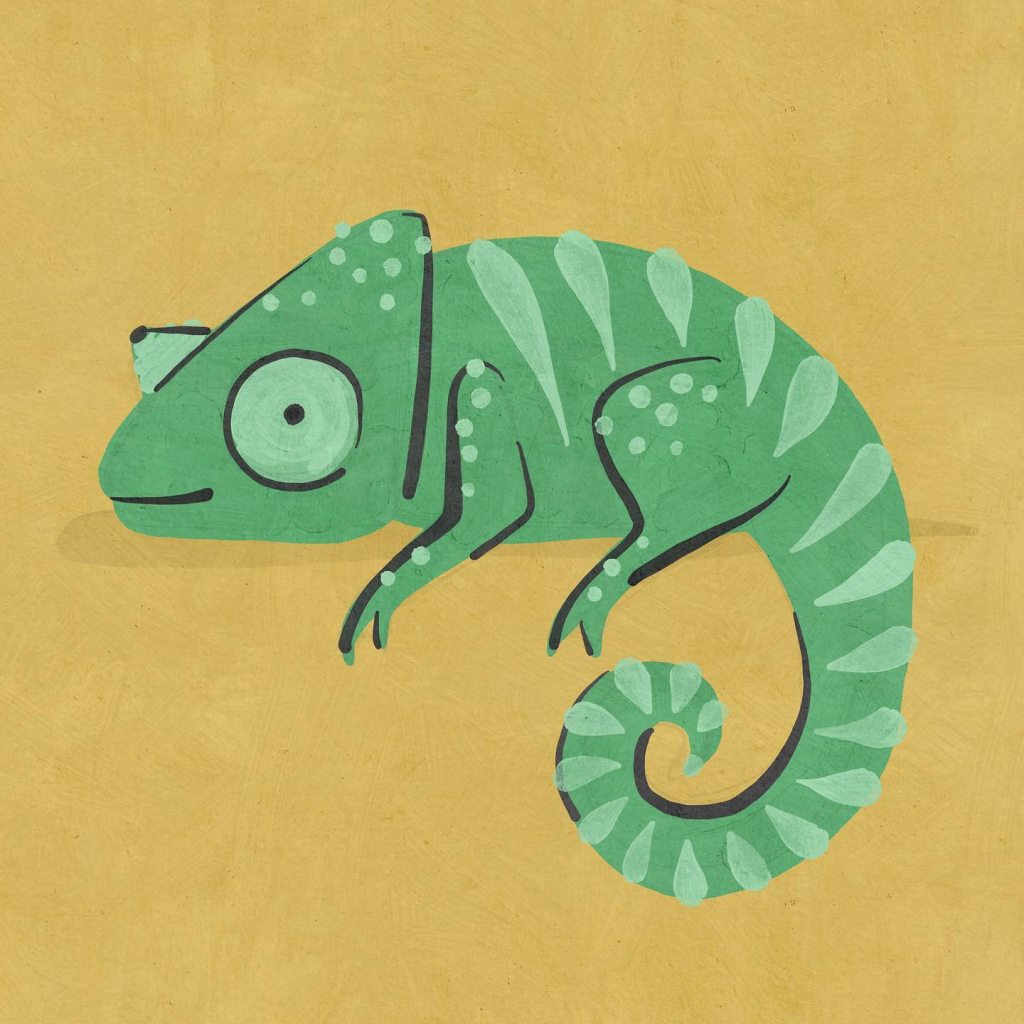
Many are wild-caught. They are difficult to care for well, and are often ill with contagious diseases. Read more at:
Be Vegan Abroad (even if you’re not)
Many wildlife crimes are carried out, to sell the meat, often served to unsuspecting tourists (some Norwegian cruise ships sell ‘steak’ to westerners, who don’t know it’s whale meat).
Pangolins are the most trafficked animal in the world, mostly for the meat. But nobody will tell you. Other awful items on menus abroad include ‘swallow nest soup’, tiger bone wine and shark fin soup.
Many creatures including turtles, tortoises, monkeys, songbirds, snakes and salamanders are often served to tourists, under different names.
Even if you’re not veggie, order the chickpea curry when eating abroad.
What is Classed as Wildlife Crime in UK?

The laws are pretty clear. Schedule 5 of the Wildlife and Countryside Act 1981, makes it an offence to kill or injure any listed wild animal, or damage areas where it shelters for protection. Some endangered species protected include:
- Red squirrels (see how it’s possible to also help grey squirrels)
- Bats
- Water voles
- Sand lizards
- Natterjack toads (don’t walk on sand dunes)
All British wild mammals are also protected from deliberate acts of cruelty under The Wild Mammals Protection Act 1996, which is why RSPCA and RSPB can aid prosecution.
This includes ‘creatures that some people don’t like’ including seagulls, pigeons and rats. Any ‘lethal control’ has to be done under license (with non-lethal methods being more effective anyway).
Since the Hunting Act 2004, it’s also illegal to hunt wild mammals with dogs (unless exempt).
It’s also an offence to uproot with intention, any wild plant (without permission of landowners) if you then sell the plants. It’s also illegal to dump invasive non-native animals and plants into the environment.




